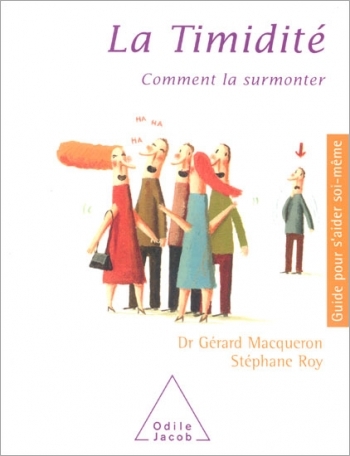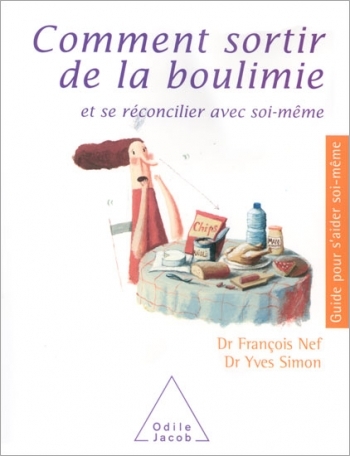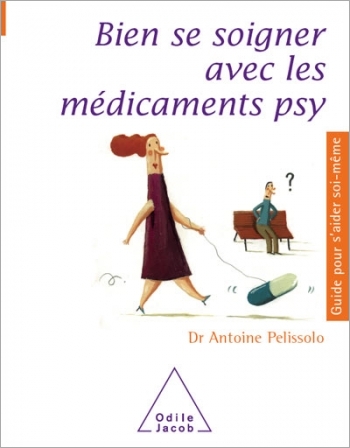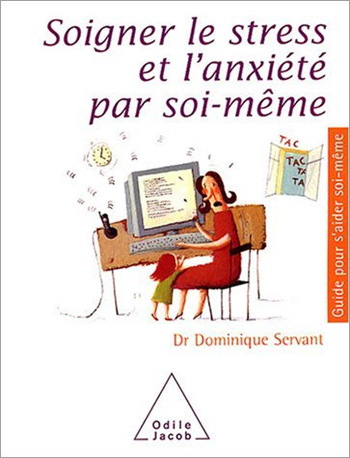Guides to help yourself All books

Gérard Macqueron, Stéphane Roy
Shyness
Everyone experiences some form of shyness. Who can honestly say that they have never been intimidated? In this book, the authors offer a step-by-step programme to help readers understand their own shyness and learn to overcome it, by identifying and acting on problem situations, emotions, behaviour and thoughts. Numerous tools can serve to make communication easier: knowing how to listen, learning to make conversation, and learning to assert oneself. In addition, there is a section devoted to shyness among children and teenagers. The method of self-therapy described here has been scientifically tested and shown to be particularly effective in overcoming shyness. Gérard Macqueron is a psychiatrist at Hôpital Sainte-Anne, in Paris, and at the Clinique du Château, in Garches, near Paris. He is a consultant in career-stress management with Patrick Légeron, at Stimulus. Stéphane Roy is a psychologist and psychotherapist at the medical-psychiatric centre in Garches.

Yves Simon
How to Overcome Bulimia
Bulimia is increasingly common, particularly among girls. A recent study of high-school-age girls revealed that 20 % suffered from regular bulimic episodes. Approaching bulimia from both a psychological and a behavioural angle, the authors offer a practical, scientifically tested method to overcome the disorder. This is an indispensable book for patients, their friends and family, as well as for members of the medical profession Yves Simon is a medical psychiatrist and director of the anorexia/bulimia programme at the Free University of Brussels. François Nef is a psychologist teaching at the Free University of Brussels. Both Doctors Simon and Nef are specialists in eating disorders and behaviour.

Pierluigi Graziani, Daniela Eraldi-Gackiere
How to Stop Abusing Alcohol
Not only does alcohol abuse have serious consequences for physical and psychic health, it is also destructive of personal and social relationships. But putting an end to this form of drug abuse is particularly complex, because alcohol creates a dependence that is both physical and psychological, and because it is, in many cultures, closely linked to sociability. In trying to help alcohol abusers who wish to stop drinking, one is often confronted with resistance and denial. The authors, specialists in cognitive and behavioural therapies, describe methods that have been successfully used for many years in the treatment of alcohol abuse in a hospital setting. Pierluigi Graziani is a psychologist and lecturer on clinical psychology and psychopathologies at the University of Aix-Marseille-Ain, in Aix-en-Provence. Daniela Eraldi-Gackière is a psychologist.





